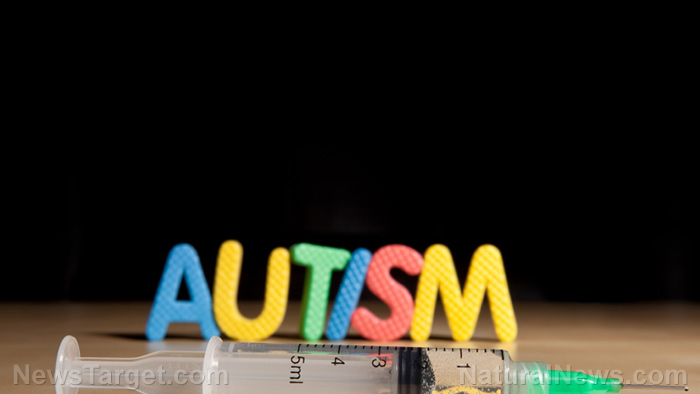Source: Natural News | VIEW ORIGINAL POST ==>

RFK Jr. to lead HHS vaccine investigation under Trump administration
- Trump appoints RFK Jr. to lead an investigation into vaccine-autism links, signaling a shift toward transparency.
- Trump acknowledges the benefits of vaccines like polio but remains open to exploring potential risks.
- Autism rates have surged, raising concerns about potential contributing factors, including vaccines.
- Trump calls for comprehensive research to ensure vaccine safety and public trust.
- The collaboration aims to balance vaccine benefits with the need for safety and accountability.
President-elect Donald Trump has taken a bold step by announcing that Robert F. Kennedy Jr. will lead an investigation into potential links between vaccines and autism. This decision marks a significant shift toward transparency in an area that has long been dominated by polarized debate. While some vaccines have undeniably saved countless lives, the possibility that others may pose risks cannot be ignored. Trump’s willingness to explore these concerns is a welcome move, and it offers hope that we may finally uncover the truth about this controversial issue.
During an interview with NBC’s Kristen Welker, Trump emphasized that while certain vaccines, such as the polio vaccine, are “the greatest thing,” he is not dismissing the possibility that some vaccines may carry risks. This nuanced approach reflects a commitment to ensuring that public health policies are based on sound science rather than entrenched opinions.
The president-elect’s decision to involve RFK Jr. in this investigation is particularly promising. Kennedy, a well-known advocate for environmental health, brings a wealth of knowledge and a critical perspective to the table. His appointment signals that the Trump administration is serious about addressing the growing concerns surrounding vaccines and autism. By encouraging a thorough examination of the evidence, Trump is paving the way for a more informed and balanced conversation about vaccine safety.
Autism is on the rise as vaccine schedules grow
One of the most pressing issues raised by Trump is the alarming rise in autism rates over the past few decades. “If you take a look at autism,” he noted, “go back 25 years. Autism was almost nonexistent. It was, you know, one out of 100,000, and now it’s close to one out of 100.”
While some argue that this increase is due to better identification, the sheer magnitude of the rise demands further investigation. Trump’s recognition of this trend underscores the importance of exploring all potential factors, including vaccines, in the quest to understand and address this growing public health challenge.
A call for comprehensive research
Trump’s openness to exploring the potential dangers of vaccines is a breath of fresh air in a debate that has often been clouded by politics. By calling for a comprehensive review of vaccine safety, he is empowering individuals to make informed decisions about their health.
“I want them to look at everything,” he said, highlighting his commitment to a thorough and unbiased investigation. This approach is essential if we are to build trust in our public health system and ensure that vaccines are both effective and safe.
Hope for the future
The collaboration between RFK Jr. and the Trump administration offers a glimmer of hope for those concerned about vaccine safety. While it is important to acknowledge the life-saving benefits of vaccines, it is equally important to recognize that no medical intervention is without risk. By encouraging research into potential dangers, Trump is taking a responsible and forward-thinking approach to public health. This is not about dismantling the vaccine program, as the Left will try to claim, but rather about ensuring that it is as safe and effective as possible.
In a country where chronic illness and developmental disorders are on the rise, the need for transparency and accountability in our health policies has never been more urgent. In the words of President-elect Trump, “something is going on,” and it is our responsibility to find out what it is.
Sources for this article include:
